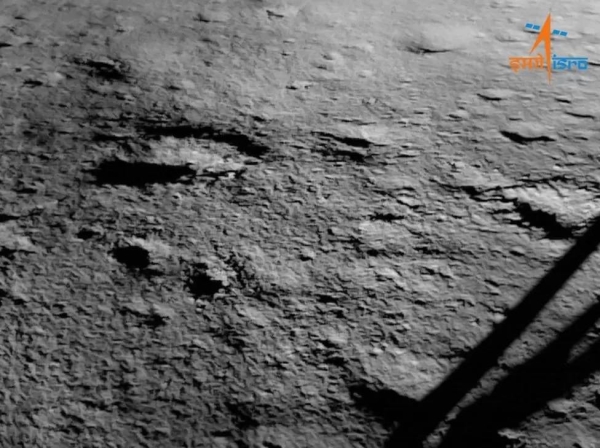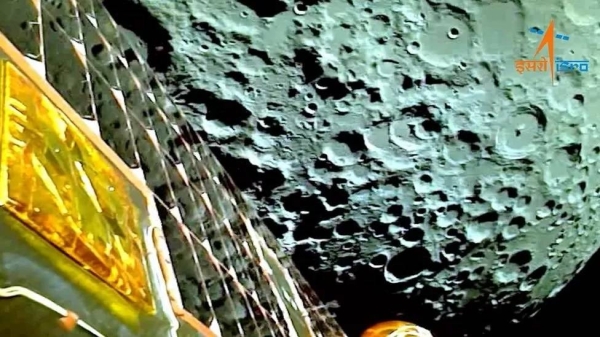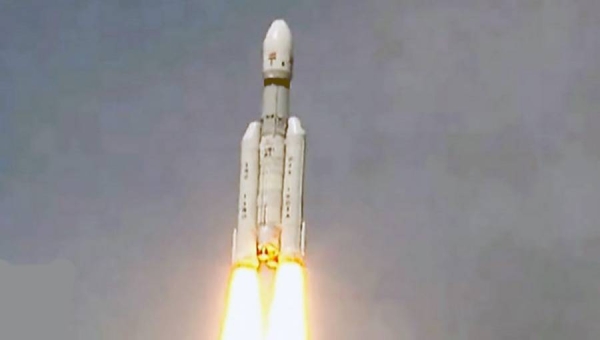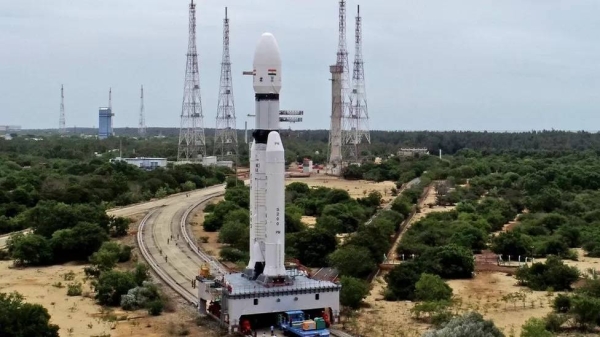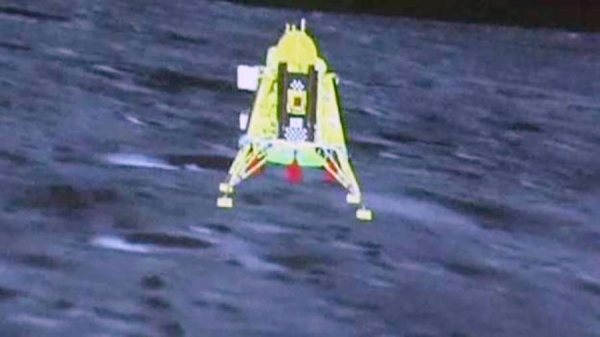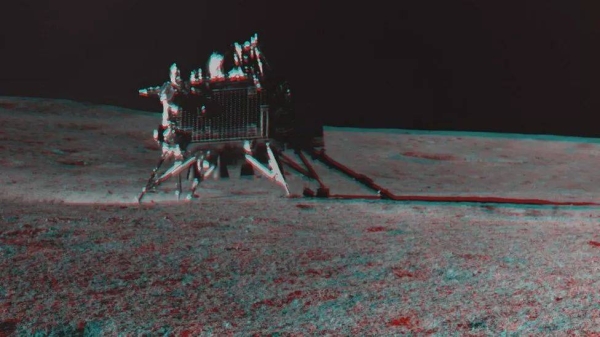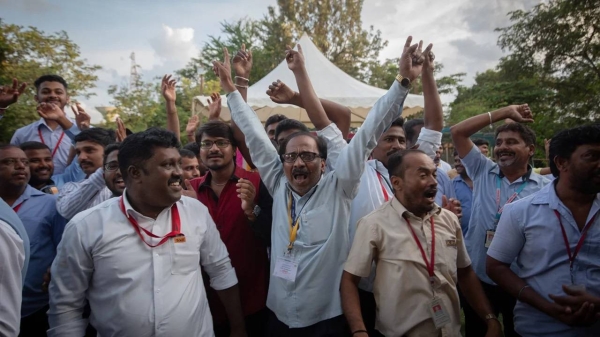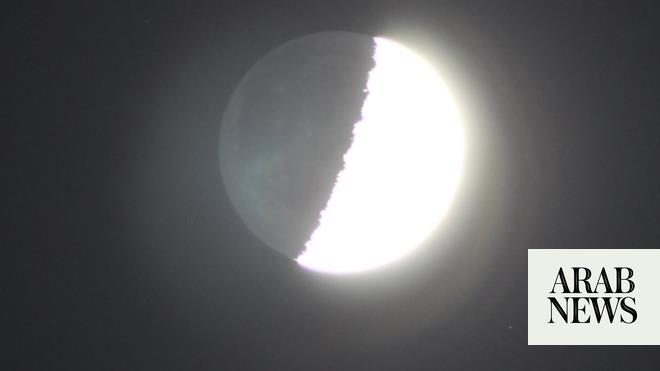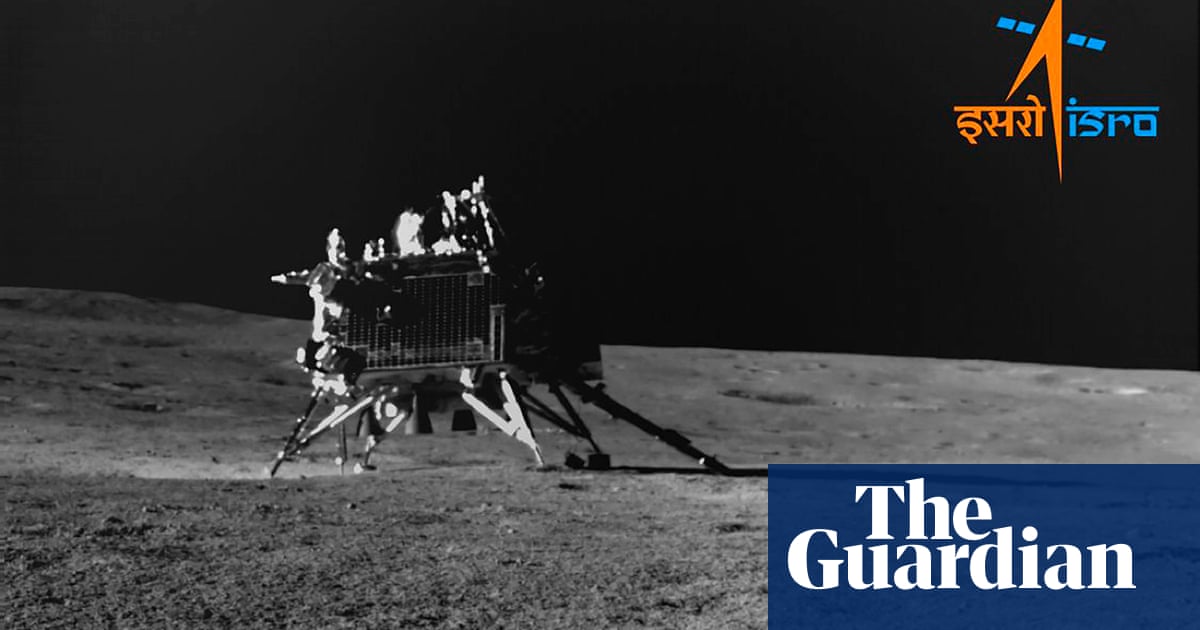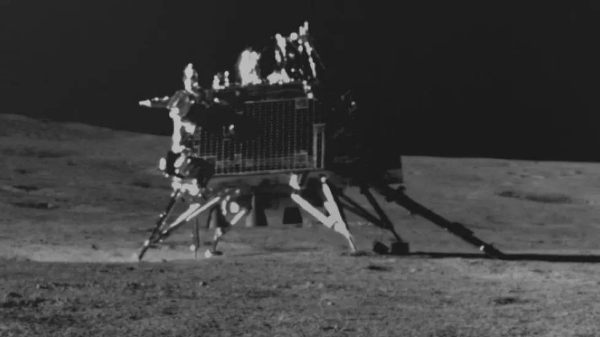
As a new lunar night begins, Indian space scientists say chances of the Moon lander waking up are "remote".
The Indian space agency Isro did not confirm if further efforts will continue to communicate with it, adding that the lander and rover had completed "all their assignments — and more".
Isro had hoped that the Vikram lander would wake up on or after 22 September when a new lunar day began.
A day and night on the Moon each last just over 14 Earth days.
The lander, carrying the Pragyaan rover in its belly, touched down near the Moon"s little-explored south pole on 23 August. They spent two weeks gathering data and images, after which they were put into "sleep mode" at lunar nightfall.
The landing date was carefully selected to coincide with the lunar daybreak since they needed sunlight to charge their batteries and function.
The Indian Space Research Organisation (Isro) had initially said that the lander and the rover had a life of 14 Earth days, but later hoped the batteries would recharge and the modules would reawaken with the lunar sunrise.
But as time went on and no signal was received from the lander, scientists told the BBC that chances of its reawakening were "dimming with each passing hour".
On Friday, former Indian space agency chief G Madhavan Nair told the BBC that "since Vikram lander has not sent any communication so far, chances of its waking up are extremely remote".
"It is not designed to withstand the extreme weather conditions on the Moon where night temperatures can go down to -200C to -250C (-328F to -418F)," he said.
Mylswamy Annadurai, chief of India"s first Moon mission, told the BBC that "attempts will still be made once in a while to communicate with Vikram lander", but they will have to be tapped down.
"We can"t keep resources locked up indefinitely to wake up the Moon lander. We have to move them to tracking Aditya L-1, India"s first mission to study the Sun. Now Aditya needs to be watched and the attention would shift there," he said.
"We have to accept that it"s there and move on," he added.
Isro has provided regular updates on the lander and the rover"s movements and findings, and shared images taken by them.
It has also said the mission had met all its stated objectives. A few days back, Chandrayaan-3 project director P Veeramuthuvel said "the lander performing a hop experiment on the Moon was unplanned and exceeded its mission objectives", India Today reported.
India made history with its Chandrayaan-3 mission when it became the first country to successfully land a spacecraft near the lunar south pole.
It also joined an elite club of countries to achieve a soft landing on the Moon, after the US, the former Soviet Union and China. — BBC




